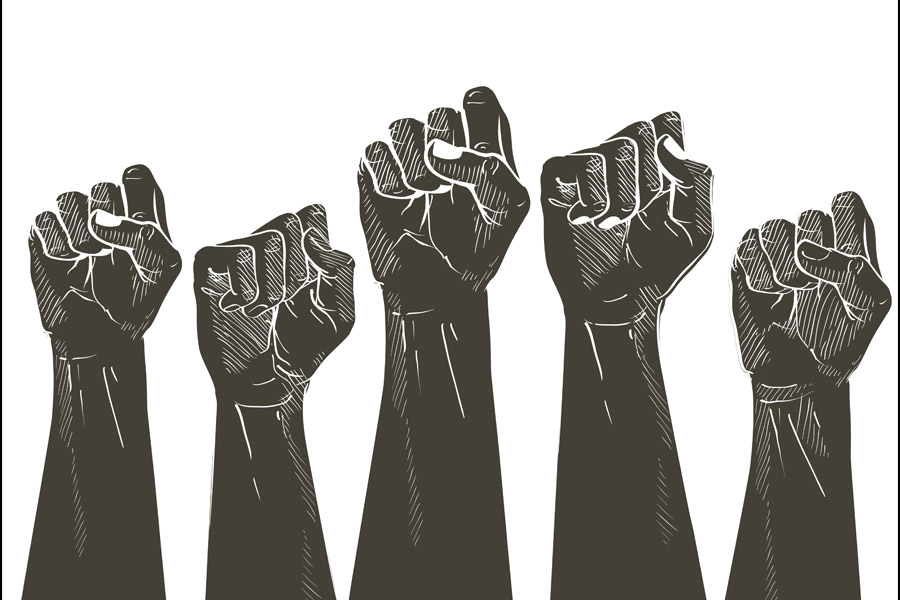The Lepchas, one of the three major ethnic communities of the Sikkim-Darjeeling region, have started a movement for the inclusion of their language in the Eighth Schedule of the Constitution.
The community, under the banner of the Indigenous Lepcha Tribal Association (ILTA), organised a public meeting at Baghajatin Park on Saturday and also laid out plans to take the movement to Delhi.
Yusuk Simick, the adviser of the ILTA, said that the community had also formed the “All India Committee for Inclusion of Lepcha Language in the Eighth Schedule of the Indian Constitution” and it was working on this issue.
“We appreciate the fact that chief minister Mamata Banerjee formed a development board for the Lepcha community. We now want
the Centre to take steps for the inclusion of our language under the Eighth Schedule of the Constitution,” said Simik at the public meeting in Siliguri.
Nepali, Bhutia and Lepcha are considered to be the three major ethnic communities of the region, earlier referred to as NEBULA. The Nepali language was included in the Eighth Schedule on August 20, 1992, after a struggle of nearly four decades.
At the moment, 22 languages are recognised in the Eighth Schedule.
“We have started our campaign to make people aware of our long-standing demand. Sikkim University has also started its undergraduate and post-graduation courses in Lepcha language. Apart from organising public meetings, we also plan to send a delegation to Delhi to raise our demand with the Centre,” said Simick.
He added that their population stood at around 7 lakh in the region.
Early this year, Shanta Chhetri, then Rajya Sabha MP of Trinamul, had for the first time raised the Lepcha language recognition issue in Parliament.
“The United Nations Educational, Scientific and Cultural Organisation (Unesco) lists Lepcha as an endangered language…. I humbly urge the august House to draw the attention of honourable Prime Minister to include the long-pending demand of the Lepcha people, to include their language in the Eighth Schedule. This will ensure preservation and growth of the rich language,” Chhetri had said in the Upper House.
On Saturday, Chhetri was felicitated by the community in Siliguri.
“I am thankful to our honourable leader Mamata Banerjee for sending me to the Rajya Sabha where I could raise the genuine demand of the Lepcha community,” said Chhetri.
Mamata had first formed a development board for the Lepcha community in the Darjeeling hills in 2012. Subsequently, development boards for 15 other communities were formed in the Darjeeling hills.
Observers in the hills, however, believed that Mamata had formed the development boards then to counter Bimal Gurung, the undisputed leader of the Darjeeling hills during those days.
At the moment, however, the boards are not very active with Mamata sharing cordial relations with Gorkhaland Territorial Administration (GTA) chief executive Anit Thapa.
“In the past, the Lepcha community had expressed its gratitude (to the Trinamul-led state government)... and a sizable section has supported Mamata Banerjee in the past,” said a hill resident.
However, with the Centre solely responsible for fulfilling this demand, the pressure to deliver is expected to fall on the BJP, observers believe.










